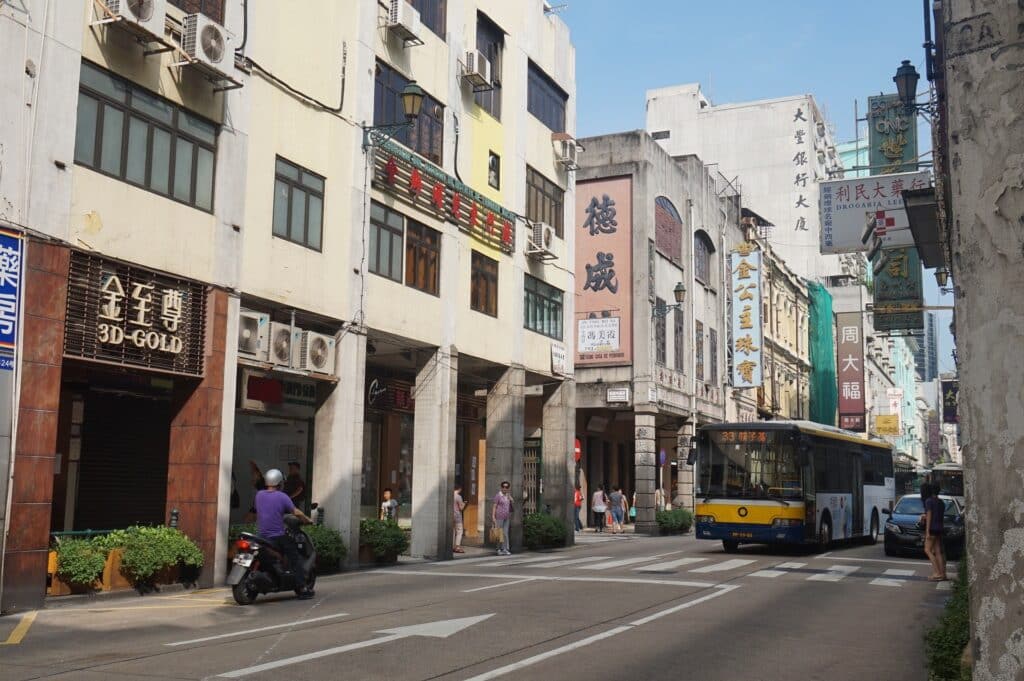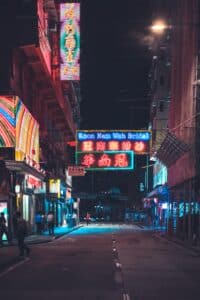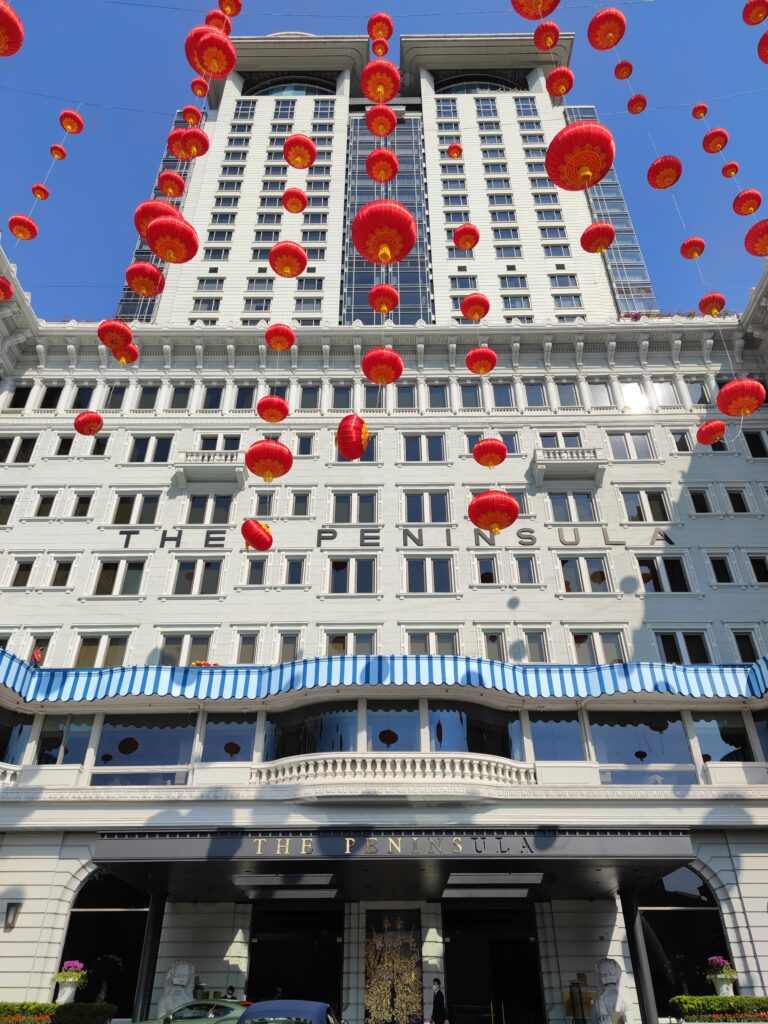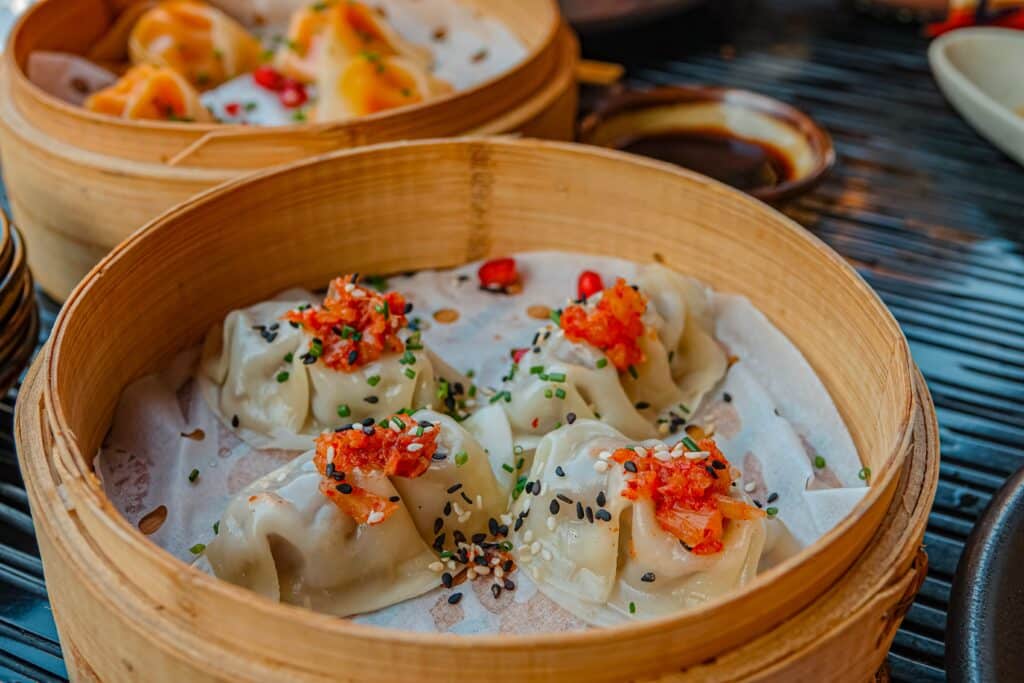A bustling megalopolis overlooking the South China sea, like confetti in a vastness of blue, Hong Kong has been, for decades, a home for global travellers. Hong Kong’s attractiveness for thousands of expatriates is due to its high-powered global economy, its cosmopolitanism and not least its beautiful villages, beaches and temples.
So, what’s for you in the legendary ‘fragrant harbour’? What does expat life look like in Hong Kong? Foyer Global Health guides you through your move to the eastern Pearl River delta…
Moving to Hong Kong – some formalities
Which visa will you need?
There are several types of visas: work, study, TechTAS and others required for you to settle in Hong Kong. The type of visa you will require depends on your country of origin and the reason and duration of your stay. For example, if you are a European Union national intending to work in Hong Kong, before entering the territory, you must obtain a work visa, valid for one year and renewable. Spouses can apply for a dependant visa, which allows them to work. It is recommended to start the visa application process early on.
For more information, please refer to the Chinese embassy in your current country of residence.
The Hong Kong Identity Card
Every person over the age of eleven who resides in Hong Kong for longer than 180 consecutive days is required to obtain an electronic Hong Kong identity card from the Registration of Persons Offices. You must apply for it within 30 days after receiving your visa. After seven years of residence in Hong Kong, you can apply for a Permanent ID Card.
Accommodation in Hong Kong
If Hong Kong is one of the most expensive cities in the world, it is largely due to the price of real estate, both for rent and sale. Housing prices vary considerably depending on the area, type and size of the property you desire. In neighbourhoods such as the Mid Levels, Wan Chai and Happy Valley, which are popular among expats, you will find modern, well-equipped apartments, including ‘serviced apartments’ with housekeeping services, a gym and even a swimming pool. Families are advised to seek accommodation in the south of the island: Parkview, Shouson Hill, Deep Water Bay or Repulse Bay. These are areas where they will find many other expatriate families and all amenities (school buses, stores…). Due to the high cost of rent, some expatriates prefer to buy a house directly.

Useful links:
https://hongkong.asiaxpat.com/serviced-apartments/
https://hongkong.craigslist.org/
Getting around
In Hong Kong, many people do not own a vehicle. They can, however, rely on the efficiency and punctuality of public transport (tramways, funiculars, MTR subway, trains) which are cheap, clean and air-conditioned, but also on the numerous cabs driving around in the archipelago. Owning and driving your own car is also definitely an option.
Education

Most expatriate families opt for international schools as the local free public schools usually offer classes in Cantonese. Hong Kong is home to many international schools where classes are taught in French, English, Mandarin, Japanese, German and/or Spanish. These include Invictus School Hong Kong, Oxbridge School, and the International French School Victor-Segalen. Tuition fees are relatively high: they are generally between 15,000 and 25,000€ per year.
Healthcare
Centralised, modern and efficient, the Hong Kong health system is one of the best in the world. If public infrastructures are accessible almost free of charge, the same does not apply to the ultra-modern private health centres which charge high prices. It is highly recommended to subscribe to an international health insurance policy for expatriates as it will cover you regardless of the healthcare provider you choose.
Languages: Cantonese and English
While Cantonese is spoken by nearly 90% of the population, English is also widely used, especially in a working environment. While English is essential in the international business world, it can also prove useful to learn some basic Cantonese or Mandarin to communicate with people inside or outside the archipelago.
Working in Hong Kong
A hub for finance and trade, Hong Kong is home to many multinational companies and offers countless job opportunities for foreigners. The most highly sought-after sectors for recruitment are banking, finance, information and communication technology, advertising, and education. People usually work for 40-50 hours a week for an average salary of about KKD 17,320. There are, however, important differences depending on one’s level of experience, job title and industry.
Hong Kong is home to more than 6,000 international companies and for good reason: it offers many advantages to entrepreneurs willing to start their own businesses, including simplified registration, fast procedures, easy payments, low tax rates on profits (between 8.5% and 16.25%), and no minimum capital to invest.
Useful links:
Ministry of Labor: https://www.labour.gov.hk/eng/news/content.htm
Immigration programs for workers and entrepreneurs: https://www.immd.gov.hk/eng/useful_information/admission-schemes-talents-professionals-entrepreneurs.html
https://www.linkedin.com/jobs/jobs-in-Hong Kong/?currentJobId=3392828787
Hong Kong vs Singapore
Both ultra-secure economic hubs and harbours, Hong Kong and Singapore have been competing for years. While boisterous Hong Kong is home to countless restaurants and shops, surrounded by nature, ultra-modern Singapore offers a superb quality of life, an excellent health care system, and extraordinary culinary experiences.
Hong Kong vs Taiwan
Often tied in international rankings for the best expat cities, the archipelago and the island are quite different. English-speaking Hong Kong is much more international, much more expensive (and also more polluted) than Taiwan. Hong Kong is probably the best place to develop your career, have a family life and build your social life.
Top attractions:
- The Peak Tower
- Old Hong Kong
- Go to the countless market(s)
- Take the iconic Star Ferry to cross the Bay and use the tram to explore the north
- Admire the birds in Hong Kong Park
- Visit the colourful Sik Sik Yuen Wong Tai Sin Temple
- Go for an excursion to Temple Street night market, the most vibrant night market in the archipelago
- Take the cable car to Lantau Island
- Treat yourself to dim sum any time of the day
- Enjoy tea time at the legendary Peninsula Hotel



